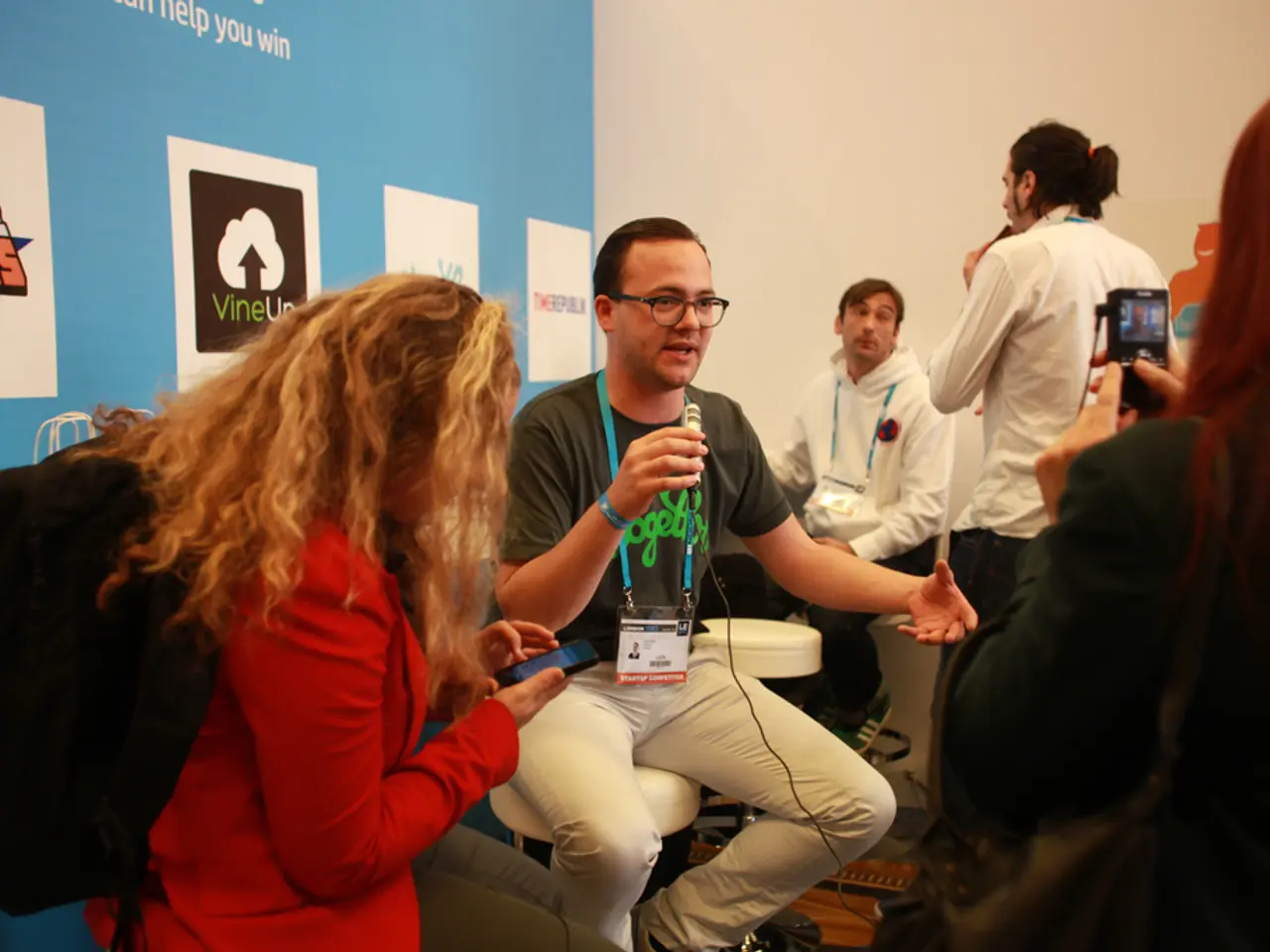Harnessing the Impact of Firsthand Accounts in Job Interview Scenarios
Behavioral interviews have revolutionized the job-seeking landscape, encouraging candidates to communicate more authentically and effectively. By embracing storytelling, job-seekers can influence the way they interact professionally on a daily basis.
The Personal Growth Aspect of Behavioral Interviews
The behavioral interviewing process serves as a personal growth exercise, compelling candidates to reassess their skills, values, and motivations. It encourages introspection, allowing individuals to reflect on their experiences and the lessons they've learned.
The Importance of Authenticity
Authenticity is essential in engaging interviewers and fostering genuine connections that can lead to lasting professional relationships. Sharing vulnerabilities, such as admitting mistakes, humanizes the narrative and demonstrates resilience and a willingness to learn.
The Role of Storytelling in Behavioral Interviews
Practicing storytelling makes it more natural, exuding confidence rather than a sense of being rehearsed, which interviewers appreciate. Sharing personal feelings and experiences, such as fears and evolving determination, can make stories relatable and memorable.
The STAR Method: A Structured Approach to Storytelling
The STAR method (Situation, Task, Action, Result) is a valuable tool in behavioral interviews. It provides a clear, structured framework to tell compelling stories that highlight your relevant skills and experiences.
To craft compelling narratives using the STAR approach, consider these key strategies:
- Be Specific and Relevant: Clearly describe the Situation and Task to set the context concisely, focusing on scenarios that closely relate to the job you are interviewing for.
- Highlight Your Role and Actions: Emphasize what actions you personally took to address the task, illustrating your skills and decision-making process.
- Focus on Measurable Results: Conclude with results that demonstrate positive, quantifiable outcomes, such as percentage improvements, revenue impact, or team morale boosts.
- Use Storytelling Techniques: Build a narrative that flows logically and keeps the interviewer engaged. Use vivid details but stay succinct. Incorporate lessons learned or challenges overcome to add depth.
- Tailor to the Job Description: Prepare examples that align with key qualifications in the job posting.
- Practice and Refine: Rehearse your STAR stories to ensure clarity and confidence without sounding overly scripted, adapting them slightly to different behavioral questions.
The Value of Effective Storytelling
Sharing one's unique journey authentically and effectively has become an invaluable asset in career advancement. Establishing an emotional connection is crucial in effective storytelling during interviews. Preparation is key to crafting a compelling narrative during behavioral interviews.
For more comprehensive learning resources on the topic of behavioral interviews and storytelling, visit www.Dayone.Careers. Reflecting on key experiences and the lessons learned from each one can help candidates sift through their career highlights and identify overarching themes.
Remember, the ability to narrate one's story confidently is not just about answering questions in interviews; it's about sharing one's journey. Adaptability is essential, as each interview requires subtle adjustments to narratives to ensure the best fit for the position being pursued.
By embracing storytelling in behavioral interviews, candidates can stand out, make lasting impressions, and advance their careers.
- In the process of behavioral interviews, candidates are encouraged to reassess their skills, values, and motivations, making it a personal growth exercise.
- Authenticity is vital in engendering interviews' trust and forging strong professional connections, as admitting mistakes and showcasing resilience indicates a willingness to learn.
- The STAR method, a structured storytelling approach, is useful for creating compelling narratives that highlight relevant skills and experiences in a job interview.
- To craft persuasive stories using the STAR method, candidates should focus on being specific, reflecting their role and actions, showcasing measurable results, and utilizing storytelling techniques.
- Tailoring stories to job descriptions is essential, as well as refining them through practice to strike a balance between confidence and naturalness.
- Effective storytelling during interviews can strengthen a candidate's appeal in career advancement, as establishing emotional connections is crucial.
- By becoming proficient in narrative storytelling, candidates can differentiate themselves, create indelible impressions, and foster their career development.





